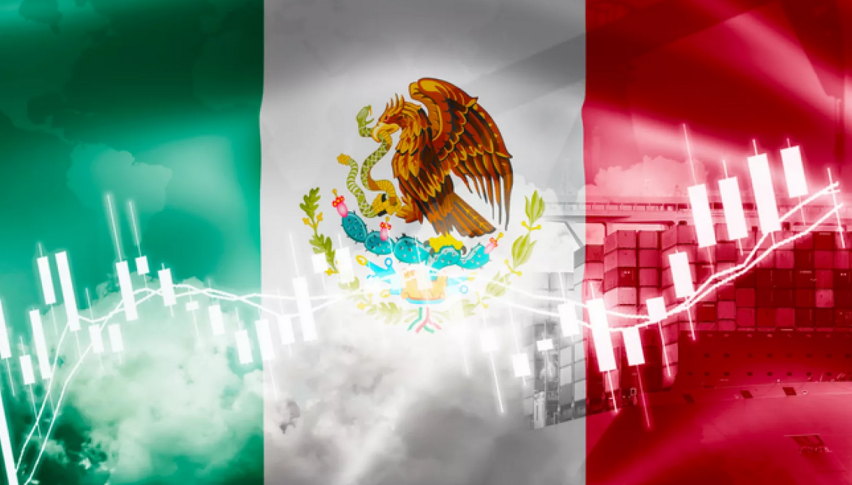Chile: World Bank Raises 2025 GDP Growth Forecast to 2.6%
The report maintained the same 2.2% estimate for 2025 but reduced the 2026 forecast from 2.3% to 2.2%.

In its Global Economic Prospects report, the World Bank revised its projection for Chile’s GDP growth in 2024 to 2.6%, up six-tenths of a percentage point from its April estimate. The institution maintained its 2.2% growth forecast for 2025 but lowered its projection for 2026 from 2.3% to 2.2%.

The World Bank has again improved its outlook for the Chilean economy. In its latest Global Economic Prospects report released on Tuesday, the organization adjusted its projection for Chile’s GDP growth for this year to 2.6%, up from the 2.0% expected in April.
The report maintained the same 2.2% estimate for 2025 but reduced the 2026 forecast from 2.3% to 2.2%. According to the document, Chile’s growth will be supported by strong external demand for green energy products and cuts in interest rates.
The new projections for Chile are above the expected growth for Latin America and the Caribbean. The World Bank forecasts the region to decrease to 1.8% growth this year but rebound to 2.7% in 2025, driven by the normalization of interest rates and a reduction in inflation.
Among neighboring countries, Argentina is expected to be the only country with negative growth, with its GDP predicted to fall by 3.5% in 2024 before growing by 5% in 2025. Peru is projected to expand by 2.9% and 2.6%, respectively; Brazil by 2% and 2.2%; Colombia by 1.3% and 3.2%; Paraguay by 3.8% and 3.6%; and Uruguay by 3.2% and 2.6%.
The World Bank noted that while the region will face economic challenges in 2024, a gradual recovery is expected in 2025, supported by declining inflation and accommodative monetary policies.
“The economic performance of the region will depend on a combination of internal and international factors, with commodity prices and global demand playing a moderate role in this outlook,” the report stated.
Downside risks include the possibility of more restrictive global financial conditions, high levels of local debt, and a slowdown in China that could impact the region’s exports. Additionally, extreme weather events related to climate change pose a threat.
On the upside, stronger economic activity in the United States could positively impact Central America and the Caribbean.
- Check out our free forex signals
- Follow the top economic events on FX Leaders economic calendar
- Trade better, discover more Forex Trading Strategies
- Open a FREE Trading Account



